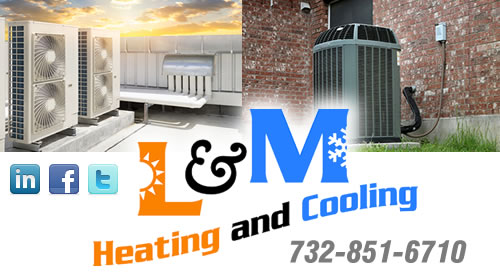Asthma affects around 24 million Americans, 6 million of those being children. Even if you don’t suffer from Asthma, odds are you have some sort of reaction to airborne allergens. According to WebMD, allergies are the sixth leading cause of chronic illness in the United States. So how do you protect yourself and your family? Installing the proper air filter and changing it regularly can significantly reduce the number of allergens in your home. Let’s take a closer look.
What air filters are good for allergies?
Regular air filters are not meant to clean the air to make it easier for you to breathe; they are designed to protect the air conditioning equipment, not your lungs. If you do suffer from allergies, it is crucial that you look for an air filter specifically for that purpose. Regular paper filters trap large dust particles from the air and prevent it from damaging the AC system, while HEPA (High Energy Particulate Air) filters are designed to block much smaller particles of dust, mold and other allergens that could negatively affect your breathing.
How do HEPA filters work?
HEPA filters are densely packed layers of glass fibers. High-quality HEPA filters can trap more than 99% of pollen and other airborne allergens, keeping them out of the air and your lungs.
How often should you change HEPA filters?
A HEPA air filter needs to be changed more frequently than a standard paper filter, at least every other month, sometimes more depending on the amount of pollen in your area.
If you have allergies, it’s not only important to use a HEPA filter, but also to have your entire HVAC system professionally maintained and cleaned at least every two years. A dirty system can accumulate a lot of dirt and dust in the ductwork, meaning your filter will have to work overtime. If you have any questions about air filters, call L&M Heating and Cooling today.

